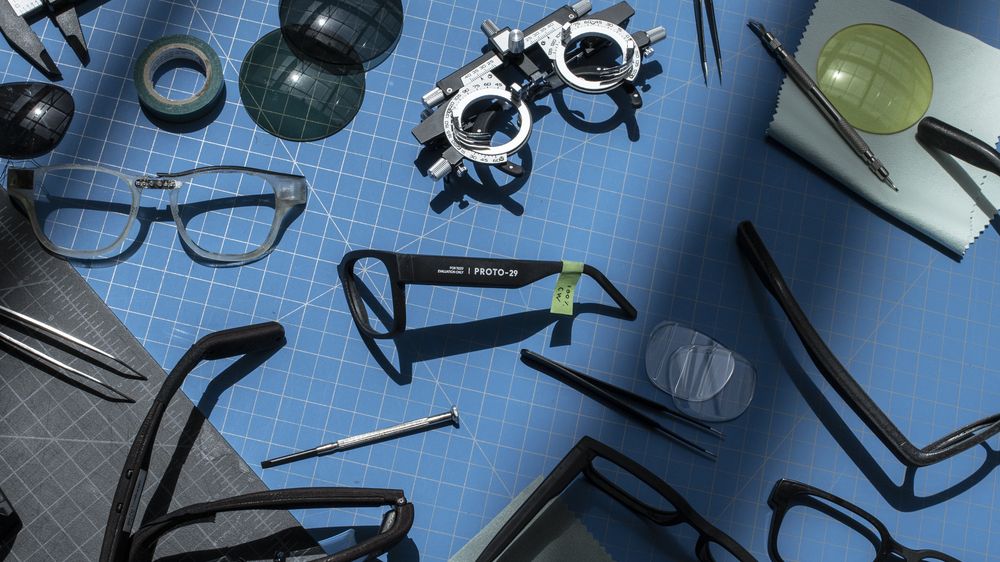Google Glass is making a comeback — with some 'strict limitations'
Google is 'taking it slow' to ensure privacy on its upcoming AR smart glasses

Google gave us a taste of its upcoming Google Glass successor, and its augmented reality (AR) smart glasses are now gearing up for small-scale public testing — without any photography and videography features.
According to a Google blog update, the search giant is planning to test its AR prototypes in the real world with a few dozen Googlers and other trusted testers. While they will include in-lens displays, microphones, and cameras, group product manager Justin Payne states "they'll have strict limitations." That means no privacy-intrusive photo or video capabilities, as the team is "taking it slow," which is likely due to the raging privacy controversy with the previous Google Glass.
As the update points out, Google will be focusing on testing the AR smart glasses' ability to translate real-world text and offer real-time translation and transcription. We got a glimpse at this during Google I/O 2022, but the public test will also offer experiences such as translating a menu.
What's more, Google will also be testing AR navigation, such as showing users directions to a nearby coffee shop. The AR prototypes will be able to factor in weather and busy intersections, like Google Maps but on your face.
Ensuring privacy
Back in 2013, Google Glass became a hot topic not just because of its innovations (and cyborg vibes), but also because of its privacy concerns. At the time, the idea of people roaming the streets with a wearable camera on their faces was enough for a Seattle bar to ban its patrons from wearing the headset. Activist groups such as "Stop The Cyborgs" encouraged establishments to place bans on Google Glass usage.
It's clear the smart glasses didn't catch on, and as Payne points out, "we want to get this right, so we’re taking it slow, with a strong focus on ensuring the privacy of the testers and those around them."
"Our AR prototypes don’t support photography or videography, though image data will be used to enable use cases like navigation, translation and visual search," the post states. "After the experience is completed, the image data is deleted, except if the image data will be used for analysis and debugging. In that case, the image data is first scrubbed for sensitive content, including faces and license plates."
With Ray-Ban Stories and Snap Spectacles now hitting the scene, both with cameras and audio to capture everything you see, Google's AR prototypes may see more positive recognition this time around.
The smart glasses don't have a release date yet, and there's no telling when they may officially arrive to the public. In the meantime, check out our Razer Anzu Smart Glasses review.
Stay in the know with Laptop Mag
Get our in-depth reviews, helpful tips, great deals, and the biggest news stories delivered to your inbox.

Darragh Murphy is fascinated by all things bizarre, which usually leads to assorted coverage varying from washing machines designed for AirPods to the mischievous world of cyberattacks. Whether it's connecting Scar from The Lion King to two-factor authentication or turning his love for gadgets into a fabricated rap battle from 8 Mile, he believes there’s always a quirky spin to be made. With a Master’s degree in Magazine Journalism from The University of Sheffield, along with short stints at Kerrang! and Exposed Magazine, Darragh started his career writing about the tech industry at Time Out Dubai and ShortList Dubai, covering everything from the latest iPhone models and Huawei laptops to massive Esports events in the Middle East. Now, he can be found proudly diving into gaming, gadgets, and letting readers know the joys of docking stations for Laptop Mag.